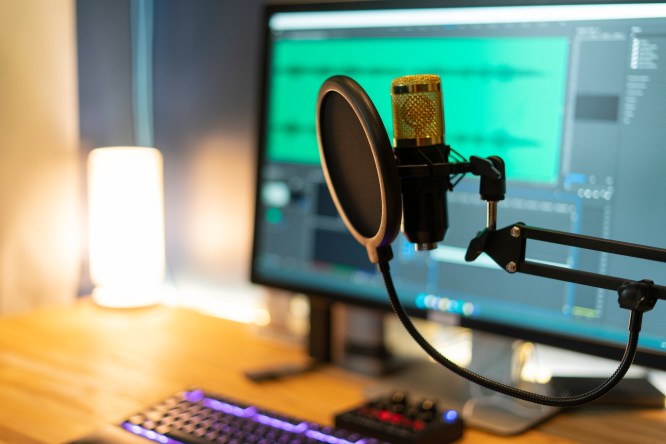Editor’s note: The following article is an op-ed, and the views expressed are the author’s own. Read more opinions on theGrio.
The state of hip-hop journalism has been a recurring conversation over the past few years. Folks from Elliott Wilson to DJ Akademiks (and presumably many more in-between) have pointed out how many of our larger-than-life artists seem to be going elsewhere for interviews and appearances than the very outlets that used to be lifelines for hip-hop artists to be heard. There was a time when The Source, XXL and their ilk were the only spaces that would not only discuss the significance of the culture and the art form but do it with the appropriate reverence for hip-hop. To some, though, it feels and looks like hip-hop artists of a certain level are eschewing the type of writers and outlets that care about the culture and their stories in favor of outsiders — voyeurs with a passing interest in the celebrity that guarantees views.
The latest journalist to weigh in on this paradigm shift is Jemele Hill, whose journey and accolades include stints at ESPN and The Atlantic as well as an Emmy Award, among others. She’s a podcaster and, ultimately a voice of note in cultural conversations that center Blackness. Hip-hop is one of those communities, and when she saw the rapper Offset, formerly of Migos, join Bobbi Althoff for an interview, what she saw compelled her to speak about this trend she noticed. Taking to X (formerly Twitter), Jemele Hill shared this comment: “I don’t find these types of interviews particularly enjoyable or interesting. Instead it just sadly points out how real hip-hop journalism has been practically erased. Some of the media teams behind these artists aren’t interested in them sitting down with credible people who know how to tell stories and do quality interviews. Then they wonder why an artist’s real story goes untold, neglected or that…
Read the full article here



